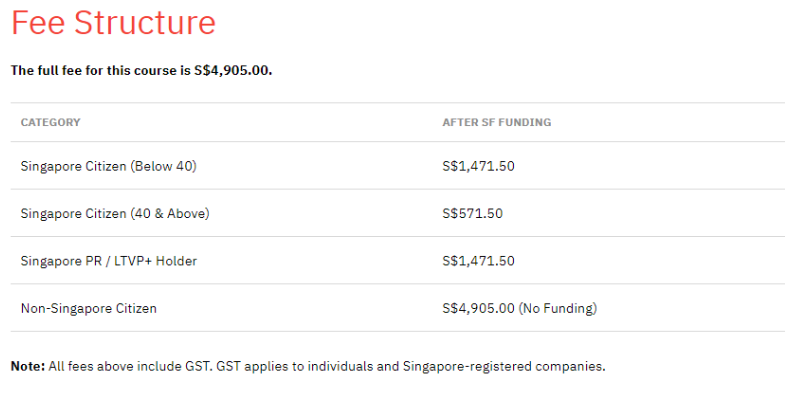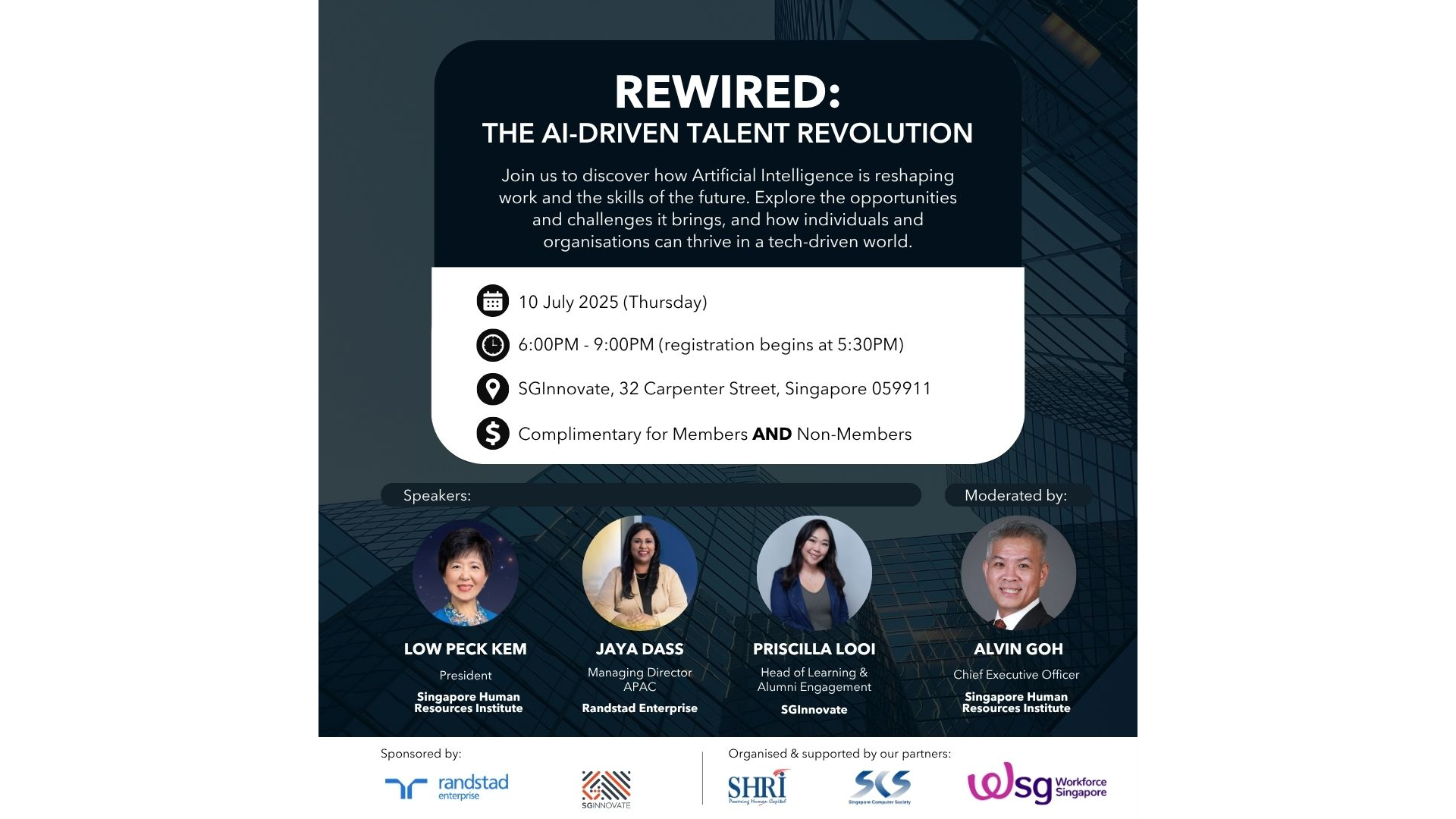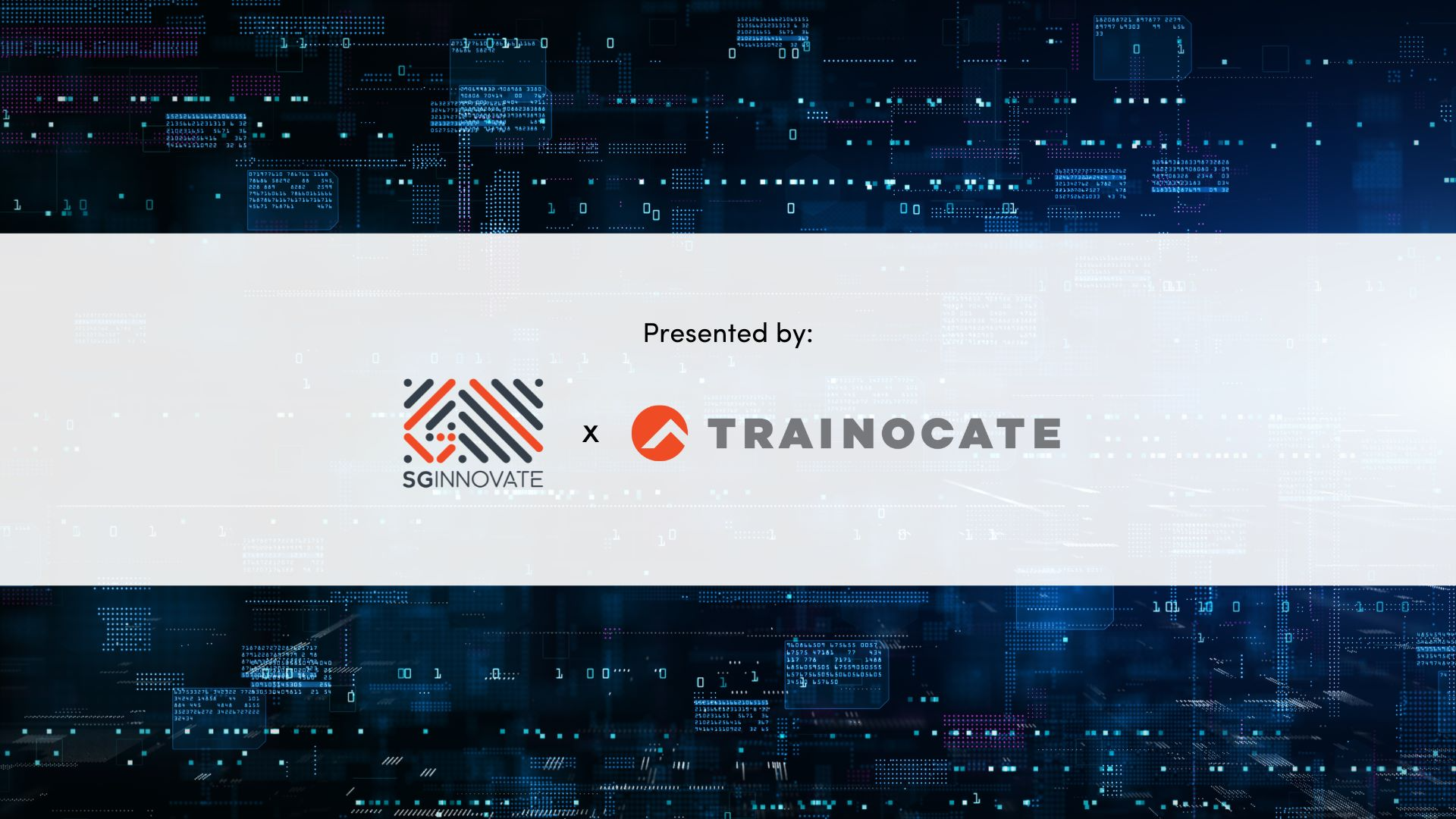Overview
With the widespread adoption of cloud platforms by organisations, there is a growing demand for IT managers and leaders who possess a thorough understanding of DevOps principles, fundamentals, and operational mechanics.
When DevOps frameworks are not properly implemented, managed, and operated, organisations fail to reap the full benefits of cloud technologies. This can lead to increased operational costs, manpower wastage, inefficiency in resource optimisation.
Tailored for IT leadership teams, project directors, and project managers, this course covers essential topics such as cloud computing, Agile project management processes, Continuous Deployment (CD) and Continuous Integration (CI) methodologies, DevOps principles and lifecycle, implementation strategies and roadmap, as well as challenges and solutions. The course will also explore the tools essential for successful DevOps execution and provide insights into the future trends of DevOps.
Course Description & Learning Outcomes
DevOps Basics
General sensing of DevOps
DevOps building blocks covering people, process, and technology
DevOps CAMS principles
Value of DevOps and challenges when applying DevOps
Case study on DevOps used in Google and Amazon
Overview of Agile and SCRUM, collocation of Agile and DevOps, and mixing methodologies within organisations
Continuous Integration and Continuous Deployment (CI/CD)
General principle of CI/CD
General workflow of a CI/CD pipeline
Class exercise on designing a CI/CD pipeline for web application
Developing and Building a Successful DevOps Culture
Building a DevOps culture and breaking down silos in areas of culture overview, roles and responsibilities, rules of engagement, and retrospectives
Increasing transparency, better communication, and collaboration across teams
Maintaining a strong culture with starters and leavers: balancing success pressures, fostering innovation, addressing cultural differences, and ensuring buy-in
Breaking down silos through unified vision, collaboration tools, joint training, frequent communication, and evaluating compensation
Implementing and Deploying DevOps Tools
Understanding the technical stack for DevOps
The families of collaborating DevOps tools (Testing, Building, Running) and their role in DevOps adoption
Choosing tools that facilitate collaboration, and using them to enhance communication
DevOps tooling:
Increasing code and deployment quickly
Reducing the time to market for new products and features
Decreasing the failure rate of new releases
Improving the mean time to resolution
Improving the in reliability metrics
Eliminating high levels of work in progress and technical debt
Understanding the obstacles of DevOps tooling:
Lack of definition of DevOps outcomes
Inadequate knowledge of tooling
Evaluation and volume of tools available on the market
Lack of tool integration
Practical Implementation of DevOps
Perform a case study to develop and implement DevOps methodology
Presentation and discussion of the case study solutions
MCQ examination to test and validate the understanding of participants
Recommended Prerequisites
Basic understanding of IT application development lifecycle and cloud computing model
Schedule
End Date: 26 Nov 2024, Tuesday
Location: SIT@Dover Campus, 10 Dover Drive, 138683
Pricing
Course fees: The full fee for this course is S$4,905.00 (inclusive of GST)

Skills Covered
PROFICIENCY LEVEL GUIDE
Beginner: Introduce the subject matter without the need to have any prerequisites.
Proficient: Requires learners to have prior knowledge of the subject.
Expert: Involves advanced and more complex understanding of the subject.
- Agile Methodologies (Proficiency level: Proficient)
- Cloud Computing (Proficiency level: Proficient)
- DevOps (Proficiency level: Proficient)
- CI/CD (Proficiency level: Proficient)
Speakers
Trainer's Profile:
Ee Kiam Keong, Deputy Chief Executive (Policy & Development) concurrent Director (Infocomm Technology), Gambling Regulatory Authority
Mr. Ee Kiam Keong has a total of 30 years of IT industry experience in both public and multinational private sectors such as InfoComm Development Authority (IDA), Ministry of Trade & Industry (MTI), Gambling Regulatory Authority (GRA), Ministry of Home Affairs (MHA) and CapitaLand. He held senior positions as Deputy Chief Executive, Chief Information Officer, Group Cybersecurity Head, Regional IT Security Manager, and IT Manager. He is currently the chairman of the CITREP course review committee and an assessor of CITBCM of the Singapore Computer Society. He has managed many complex IT projects in IT master planning, conceptualisation, architecturing, and led digital transformations for organisations leveraging the latest cloud technologies, AI, and DA. He is also a CISA, CISM, CDPSE, CISSP, CBCP, CITBCM(Senior) and COMMIT(Senior).






